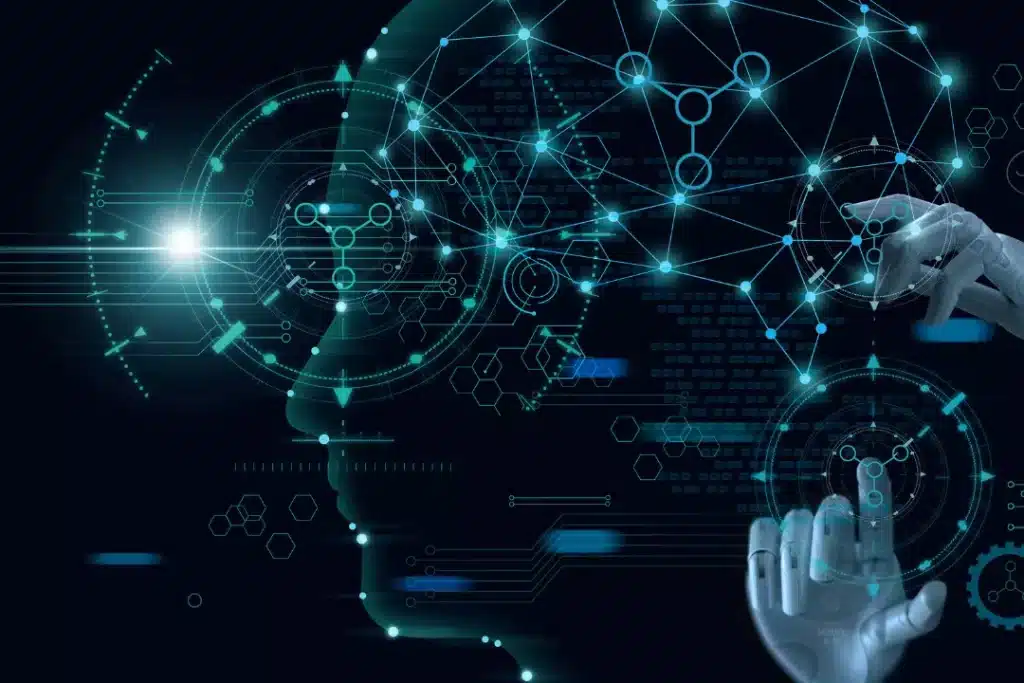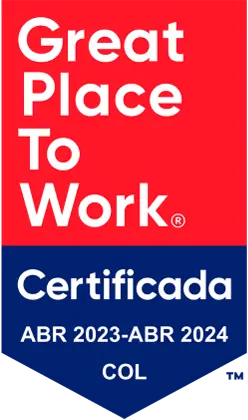En la intersección entre el desarrollo de software y las soluciones de software, surge una revolución tecnológica llamada MLOps.
Representando la convergencia entre DevOps y Machine Learning, MLOps eleva los activos de aprendizaje automático y la ciencia de datos a un estatus destacado en la ecología DevOps. Profundicemos en los tres niveles cruciales que definen este paradigma.
1. Data: La Cimentación de la Inteligencia
En el nivel de datos, la gestión integral desde la recopilación hasta la curación es esencial. Imagina que eres parte de un equipo en ITSense, una destacada desarrolladora de software, y estás trabajando en un proyecto de recomendación de productos para un cliente de comercio electrónico. Aquí, la calidad de los datos no solo se trata de la precisión y coherencia, sino también de entender la idiosincrasia de los patrones de compra del cliente. La capacidad de transformar datos brutos en información valiosa es crucial para el éxito del modelo.
2. Model: Donde la Magia del Machine Learning Ocurre
En el nivel del modelo, te encuentras en el laboratorio de pruebas. El equipo utiliza MLOps para evaluar la eficacia de los modelos de recomendación. Imagina que el modelo ha estado en producción durante algunos meses y ha comenzado a mostrar signos de degradación. Aquí, la innovación periódica se convierte en la clave. Implementar técnicas de reentrenamiento automático utilizando MLOps asegura que el modelo siga siendo relevante y preciso con el tiempo.
3. Code: Ejecutando la Sinergia Software-Machine Learning
Finalmente, llegamos al nivel del código, donde la totalidad del modelo cobra vida. Este es el punto de encuentro entre el desarrollo de software y las soluciones de software basadas en machine learning. El despliegue eficiente del modelo de recomendación en entornos de producción, asegurando su escalabilidad y rendimiento, es fundamental. Aquí es donde MLOps brilla al garantizar una integración suave entre el código del modelo y la infraestructura subyacente.
Consideraciones Cruciales al Utilizar MLOps
Al embarcarse en un proyecto MLOps con DevOps, hay consideraciones clave que se deben tener en cuenta:
Calidad de los datos:
En el proyecto de recomendación de productos se evalúa constantemente la procedencia de los datos de compras, asegurándose de que los datos sean confiables y representativos de las preferencias cambiantes de los usuarios.
Degradación de modelos:
La degradación del modelo se aborda mediante la implementación de estrategias de reentrenamiento automático. Esto implica utilizar MLOps para detectar cambios en la calidad del modelo y aplicar actualizaciones de manera proactiva.
Localidad:
Considerando la geografía, se adaptan los conjuntos de datos a las características específicas de las regiones donde se implementan los modelos. Esto garantiza que las recomendaciones sean cultural y localmente relevantes.

En resumen, MLOps no solo representa una fusión tecnológica, sino también una oportunidad para las empresas de impulsar la innovación y la eficiencia en sus proyectos de desarrollo de software y soluciones de software basadas en machine learning. La capacidad de abordar la calidad de los datos, la degradación de modelos y la localidad con enfoques MLOps específicos posiciona a estas organizaciones en la vanguardia de la revolución tecnológica.
¿Te gustaría integrar esta solución en tu negocio? Contáctanos ahora.



